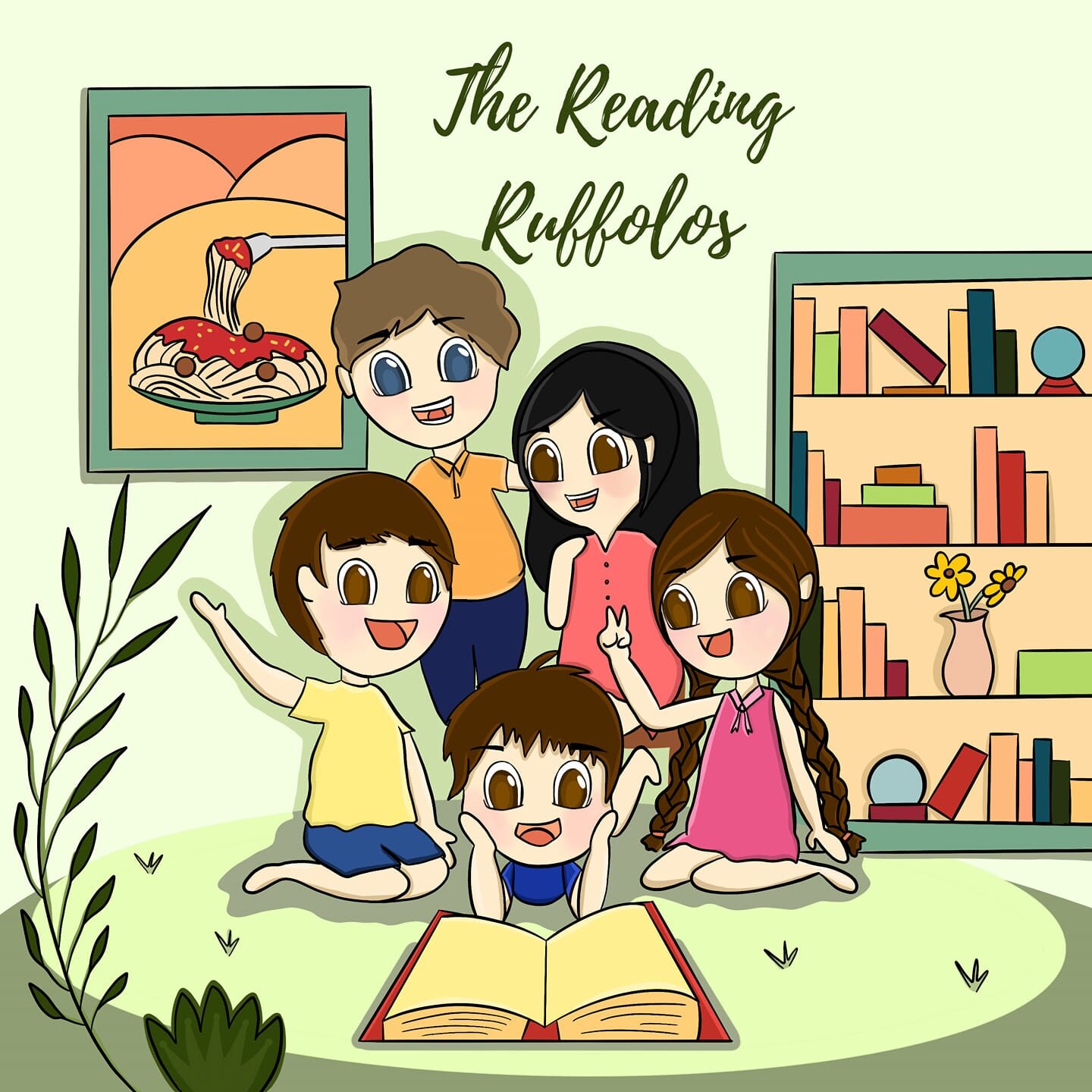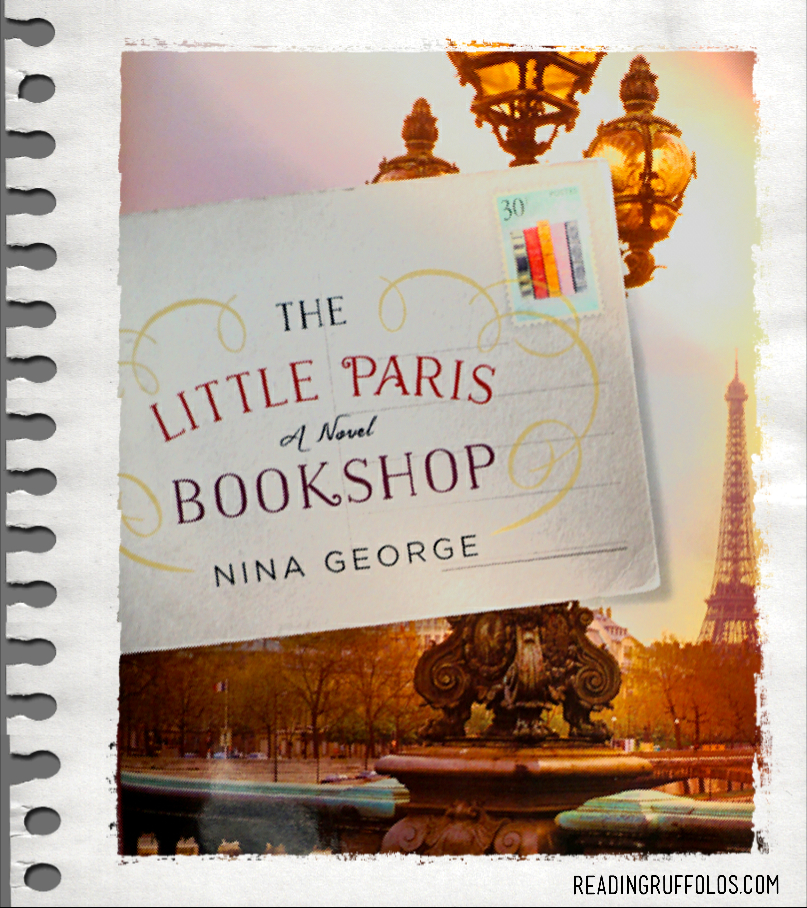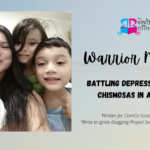For a full week, Nina George had me wrap my world around The Little Paris Bookshop and the literary pharmacist behind it named Jean Perdu reminding me that there is always a book to cure any heartache and that we, human beings, stubborn and prideful as we are should allow ourselves to grieve and hurt when time presents itself.
These are the major themes of Nina George’s New York Times’ bestselling novel, The Little Paris Bookshop inviting readers to slow down and ponder on how our lives have been shaped — or are still being shaped — by loss… by the people who left us… by the people we abandoned and regrettably afterwards.
As you read every word in it, Nina George takes you in this boat ride assuage with a mixture of emotions that your heart gets filled up with unexplained feelings that you just find yourself pondering on how you are living your life now as compared to the life you lived three, five years ago.
Then… you cry.
Because in as much as Jean Perdu is an eccentric man, who, for the longest had concentrated on himself and masterfully managed to ignore the world as it passed by, there is — quite frankly — a hint of Jean Perdu in all of us, especially the part that refuses to face pain because the force it brings may be too strong that we’re afraid it will consume us and bring us to the deepest, darkest, saddest part of ourselves, the very place we don’t want to be thrown in. Or be found lying, screaming, writhing in agony because the pain is too much to bear.
Reading this novel is like reading poetry.
The words are too delicious, crisp, mysterious.
This is the kind of book that should be read slowly and carefully.
Do not be in a hurry.
Because if you do (as I have done in the first five chapters and then spent another day telling myself to read again from the very beginning), you will miss the crucial moments of soliloquy, the insightful conversations between friends, and the connection shared between humans and the feline kind.
I love how Nina George unfolded Jean Perdu’s character without forcing him to hurriedly reach the stage of acceptance. The struggles faced by this character were presented to the readers without any attempt to skim through the difficult times so just we, the dear readers, can smile and read about happy ever after.
Instead what Nina George did was to glorify the painful times. She embraced the need to grieve as a natural part of emotional growth. This book glorifies the need for hurting time; to give yourself time to mourn, to feel the hurt, to grieve, to cry, and be sad.
And then… there is love.
Love, in its many forms, is exquisitely shown in this book by virtue of the characters that put human faces to depression, denial, happiness, acceptance, inspiration, and perseverance.
The departure of a lover does not mean the loss of love.
Because love can be preserved.
For love — although invisible — can be immortalized in the memories of those who loved and still love, in the letter written and exchanged between lovers, in the bottles of wine shared over meals and sunset cruises, and yes… in books, the ultimate documentor of love in all its different forms and sizes.
Think about this: a literary pharmacist, his floating book barge, and a confused, young, bestselling author set out to find themselves and who (what) they love…
Those three elements are too hard to ignore.
Any one who loves books, who was raised by books, who finds refuge in books should not miss The Little Paris Bookshop.
If you miss this, how dare you call yourself a bibliophile.
Monsieur Perdu will agree with me.
***
Disclosure of Material Connection: I received a copy of this book from the Blogging for Books program for review consideration. I was not required to write positive reviews. Some of the links in the post above are “affiliate links.” This means if you click on the link and purchase the item, I will receive an affiliate commission. Regardless, I only recommend products or services I use personally and believe will add value to my readers. I am disclosing this in accordance with the Federal Trade Commission’s 16 CFR, Part 255: “Guides Concerning the Use of Endorsements and Testimonials in Advertising”.




